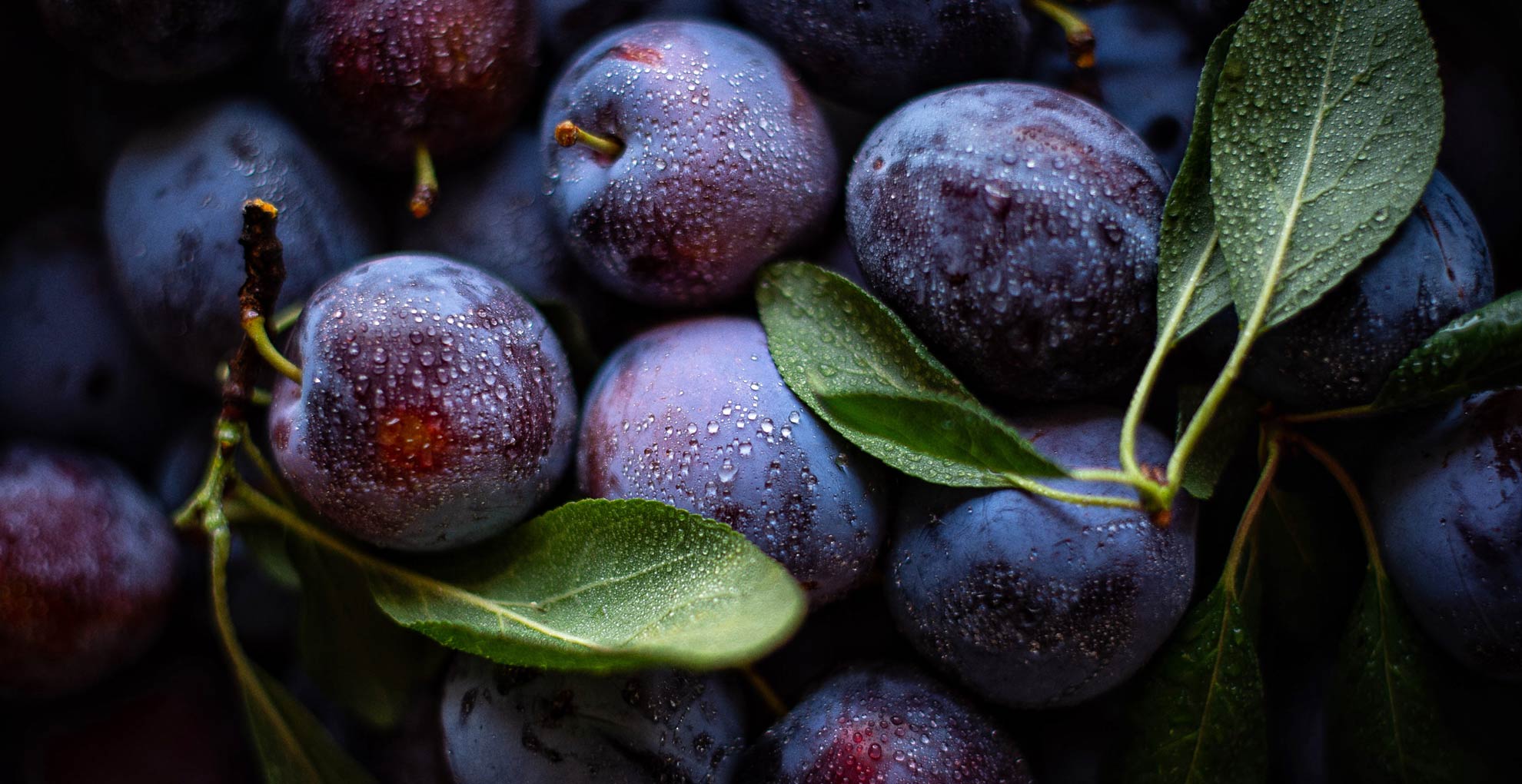September 6, 2022
Study participants wanted for new UOW research into potential benefits of purple foods
Can changing the diet of 60 to 85 year olds improve memory?
Can purple food help prevent cognitive decline? This is the question University of Wollongong (UOW) researchers want to answer with their new study ‘Food for thought: Preventing decline and improving cognition through diet and dietary advice in older people at risk’.
Professor Karen Charlton, a research dietician in the School of Medical, Indigenous and Health Sciences, is leading the study with Dr Vinicius Andre do Rosario and said researchers want to hear from adults aged from 60 to 85 years old who have been diagnosed with mild cognitive impairment or who have been experiencing memory issues.
“We’re looking for people who are having problems with their memory and who want to find out if changing their diet could help slow their decline,” she said.
“Participants should be willing to participate in a six-month study and attend either UOW’s Wollongong campus or UNSW in Sydney.
“It’s an exciting project because previous research we’ve done has found promising effects of purple food, such as cherries and plums, on memory and cardiovascular risk factors.”
The deep-red and purple-blue colour found in some fruits and vegetables is a result of naturally occurring compounds called anthocyanins. They have strong anti-inflammatory and antioxidant abilities which may protect human brain cells from damage.
“By taking part in this study you will help scientists better understand how anthocyanins work in the body and if they can play a role in slowing or preventing memory decline,” said Professor Charlton.
If you would like to participate in the trial, you can register your interest here or contact Dr do Rosario at 02 4239 4186 or at vinicius@uow.edu.au
Australian New Zealand Clinical Trials Registry Number: ACTRN12622000065796
